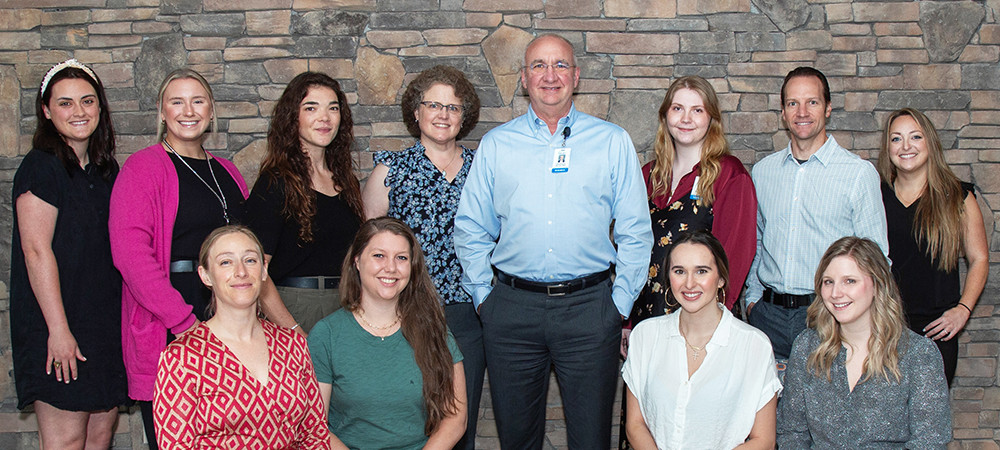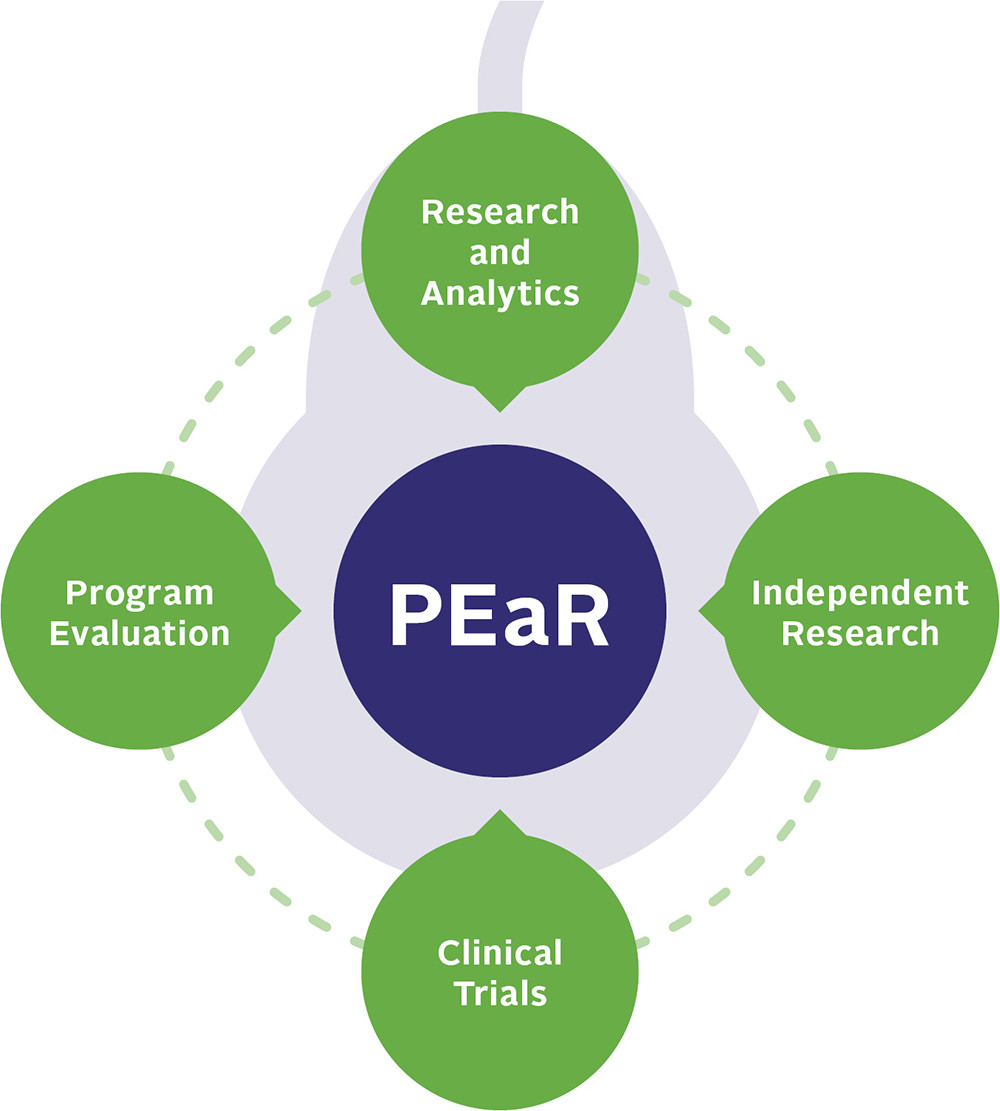
Program Evaluation and Research




Research, innovation, and scholarship are fundamental to the mission of MAHEC and UNC Health Sciences at MAHEC. The Department of Program Evaluation and Research (PEaR)—comprised of a diverse team of skilled researchers, epidemiologists, program evaluators, and analysts—is committed to leading and supporting scholarship and discovery across MAHEC; UNC Health Sciences at MAHEC; and with our many academic, industry, and community partners in Western North Carolina.
Our teams in the three Department Divisions bring a collaborative spirit and a passion for education, scholarship, innovation, and inquiry. Aligned with MAHEC's mission, we strive to make meaningful contributions that improve the overall health and well-being of our broader community.
As an example of our impact, in 2023, PEaR provided program evaluation for 35 funded projects across MAHEC and UNC Health Sciences at MAHEC. Our Division of Scholarship supported resident projects resulting in over 25 abstracts submitted to the 2024 MAHEC Research and Scholarship Day. Our clinical trials division successfully participated in a pivotal multicenter phase III study of closed-loop insulin delivery for patients with type II diabetes, soon transforming the standard of care for many patients with type 2 diabetes. Our researchers received an NIH grant in partnership with the George Mason University JCOIN Center to study the impact of medications for opioid use disorder for people previously involved in the justice system. These are but a few examples of the activities conducted by the department in collaboration with our internal and external partners.
Our departmental activities have been funded by the National Institutes of Health (NINDS, NHLBI, HEAL Initiative), NC Department of Health and Human Services, Buncombe County, and regional and national nonprofit organizations (Dogwood Health Trust, Duke Endowment, Eshleman Institute).
